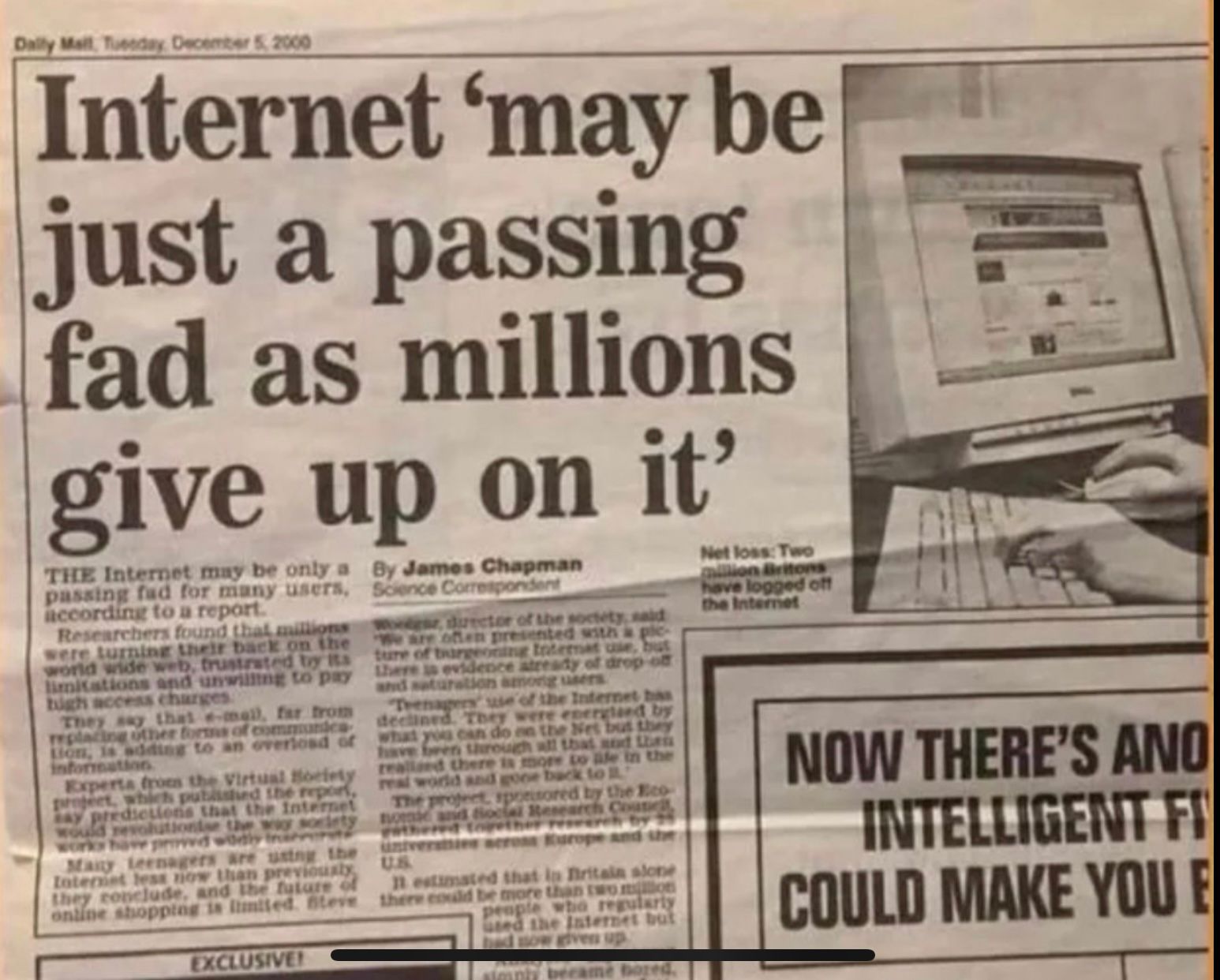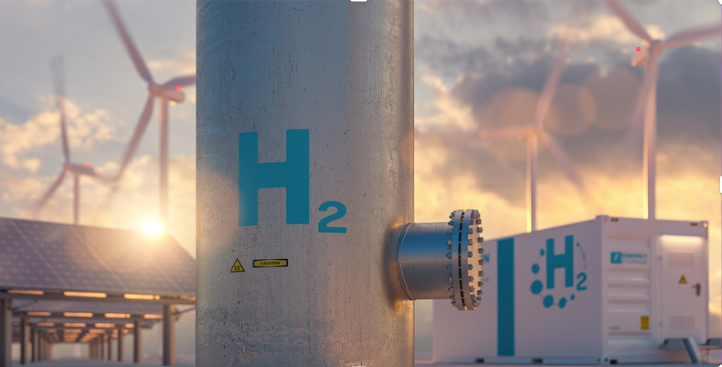Whilst all around there is gloom and markets do a pretty good impersonation of someone falling off a cliff, technology changes the world.
Take CRISPR/Cas 9 — this is the gene editing technology for which the implications are as profound as you can imagine. So far, the applications have been niche and remain at trial stages — such as a treatment for sickle cell disease. Legions of doomsayers say that CRISPR is overrated.
And yet, Researchers at Great Ormond Street Hospital have applied CRISPR to create genetically modified immune cells called CAR T-cells. The result; a 13-year-old girl, Alyssa, has seen her leukaemia, previously considered incurable, go into remission.
The hospital has been conducting a Phase I trial, using CRISPR/Cas9 technology to help treat seriously ill children.
Dr Kanchan Rao, Consultant in Bone Marrow Transplant at GOSH, said:
“This study adds to the growing body of evidence that genome-edited T cells can be a viable alternative to currently available treatments. Whilst this hasn’t been successful in all cases, for some children in this study, it has been life-saving.
“The next step is for researchers to offer the treatment to more children, earlier in their treatment pathways when their cancers have not progressed so far.”
Cathie Wood, founder of the ARK investment funds, seized upon the announcement. She tweeted: “While one cure does not a trend make, few analysts are discounting any possibility that gene editing might cure cancer.”
And added: “In our view, US equity markets today are 180 degrees away from those in the tech and telecom bubble in the late nineties. Unlike the case then, the technologies are ready, and the costs are low enough for prime time. Investors chased the dream then. Now, they are running away.”
But then consider AI. The tail end of last year saw the release of ChatGPT, drawing all sorts of expletives and wows from its users.
Meanwhile, Satya Nadella, CEO of Microsoft, has said generative AI tools, such as ChatGPT and Dall-E, could herald a new golden age.
He said: “Ultimately, these tools will accelerate creativity, ingenuity and productivity across a range of tasks. It is going to be a golden age — the computer revolution created mass consumer behaviour change and productivity for knowledge workers. But, what if we could spread that productivity more evenly? To me, that is one of the biggest things to look forward to, and the way to achieve this is by building a robust data infrastructure.”
And yet stocks crash, and everywhere Techopian looks, it sees predictions of doom for tech. The Techopian is suffering from an acute case of deja vu. They said this about the internet during the dotcom crash. In December 2000, the Daily Mail even ran a piece suggesting the “internet may be a passing fad.”
Well, it wasn’t. After seeing a dramatic crash, the NASDAQ — a pretty good gauge of tech — soared. It is now three times up on the dotcom peak and seven times up on the post dotcom nadir. Just as in 2000, the internet was on the cusp of changing the world, AI and gene editing are on the verge of creating enormous change. Those who wrote the internet off in the year 2000 were wrong; we can now say that without fear of contradiction. Those who write AI off now are just as wrong.
You may find this story of interest;
A time to buy tech and the tech quintet to watch

Talking of hype, have you heard the one about hydrogen? It’s the future of cars. It’s the future of energy, right? Well, not so fast. It has applications, but there is nuance.
Then there is steel — wind turbines are made from steel produced in blast furnaces using fossil fuels. So it just shows the lie that the renewables revolution is built upon, right? Well, not so fast; there is a thing called green steel, typically made using green hydrogen, which is hydrogen produced using renewables.
The truth is there are applications of hydrogen — it will be vital for some uses, but there is another problem. The cost of transporting hydrogen is huge, which creates the rather enticing prospect of a kind of paradigm shift in certain industries such as steel and fertilises where the manufacturing relocates to regions of the world that are optimal for renewables.
This article draws upon research and comments from Michael Liebreich, an interview he conducted with Lord Adair Turner and Philipp Jäger, plus from Irena.
There is an interesting chart which shows Germany is one of the least suitable places in Europe for wind and not particularly good for solar. So when people cite Germany as a reason why renewables are not very effective, bear that above point in mind.
But the Techopian wonders if the combination of favourable demographics and ideal solar and wind power conditions could create quite an extraordinary opportunity for Africa.
The great hydrogen opportunity will create new industrial centres as Africa moves into pole position

And finally, we turn to extremes. To be against an extreme doesn’t mean your ideology sits at the opposite end of the political spectrum from those who support the extreme. For example, you might worry about inequality or the excesses of capitalism, but this doesn’t automatically make you either a communist or socialist.
Related to that is the juxtaposition between the politics of envy and the politics of greed. To make you anti-one doesn’t make you a supporter of the other.
And that takes us to football. Former British Prime Minister, Gordon Brown, has been talking about the need for a regulator and making football a sport for the people rather than billionaires.
Is he right?
Did you know that in 1960 there was a maximum wage for footballers in the UK? It was £20 a week, around a third up on the average wage. Maybe the politics of envy was stopping the sport from progressing. This season, Kylian Mbappé is expected to earn $128 million. You can’t blame Mbappé; if someone offered you a tenth of a billion dollars per year to do the thing you loved, would you say no? But the politics of greed has surely got itself immersed in the game.
For those with long memories, and maybe long in the tooth, this piece also has a bit about Jimmy Hill and the Bosman ruling.
Gordon Brown calls for football regulator to speak for supporters

And for links to the CRSPR leukaemia story and on Satya Nadella heralding an AI golden age, see: this from New Scientist, Experimental CRISPR technique has promise against aggressive leukaemia, this from Great Ormond Street Hospital, Children at GOSH first to receive CRISPR-edited universal T-cells, this from the NHS Researchers treat ‘incurable’ cancer after landmark breakthrough, and on the AI front this from LiveMint Generative models like Dall-E, ChatGPT to give rise to a ‘golden age:’ Satya Nadella
Also, if the CRISPR cancer study interests you, then this piece in Nature covering a trail in California might be of interest. CRISPR cancer trial success paves the way for personalised treatments






Related News
The AI revolution is here
Jan 25, 2023
The impossible conclusion about technology becoming less disruptive and why it is so dangerous
Jan 20, 2023
Photonics breakthrough could lead to a 20-fold increase in processing
Jul 01, 2022